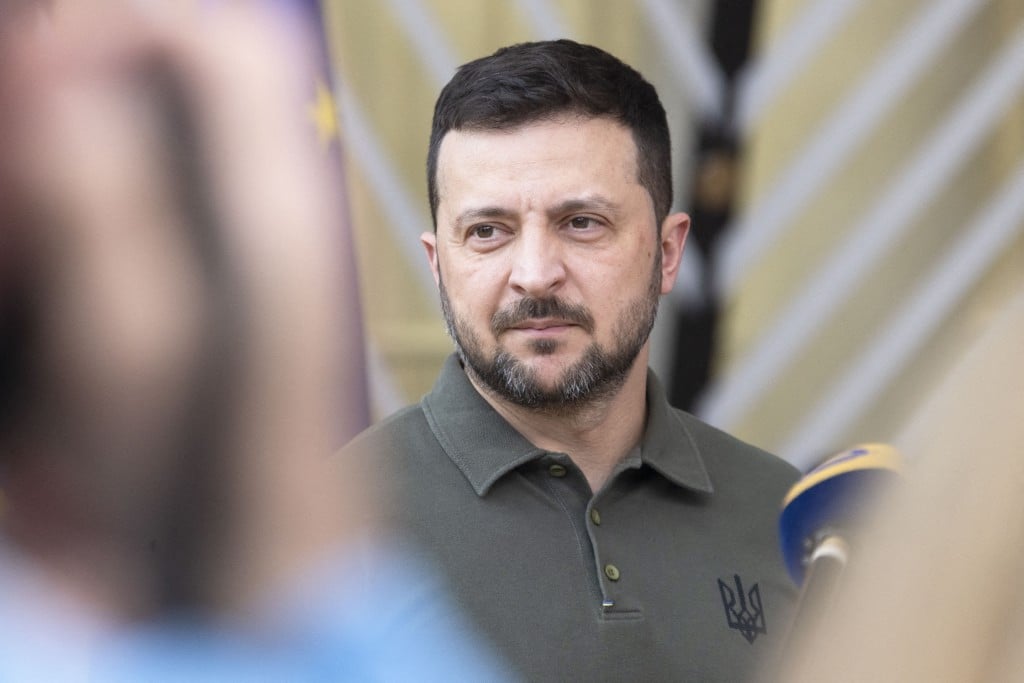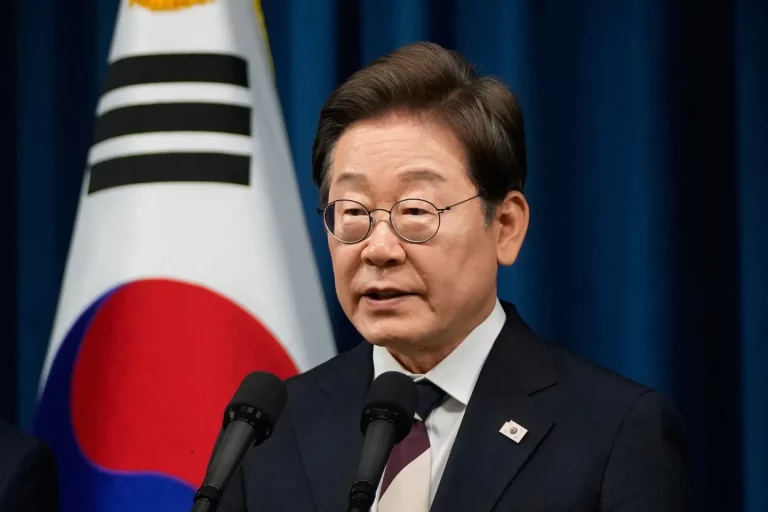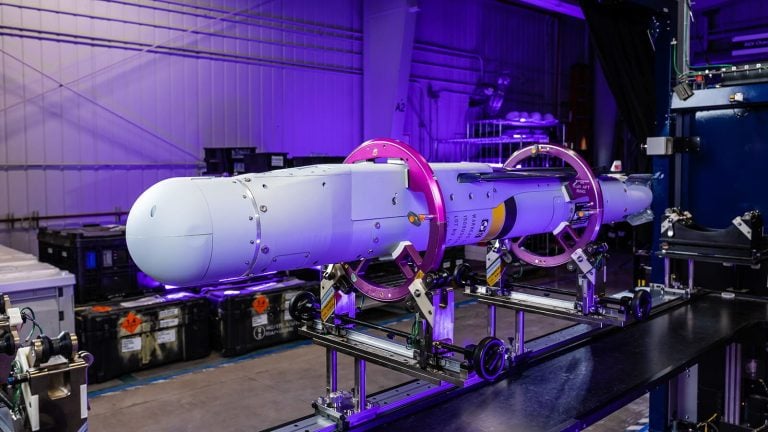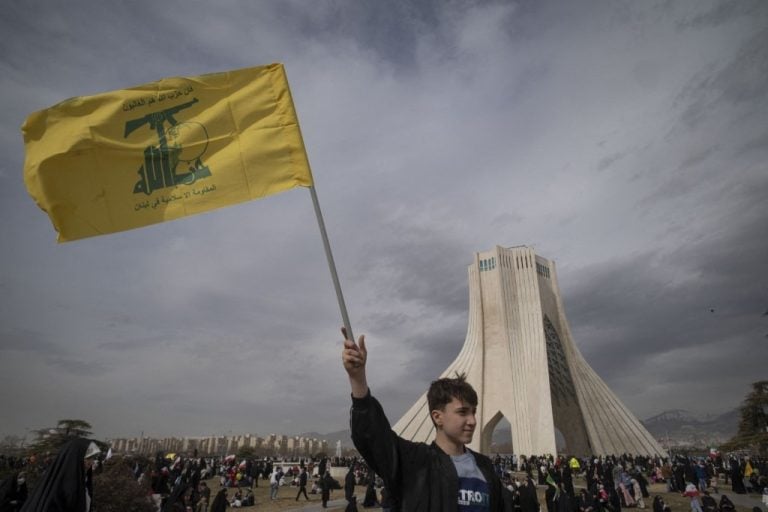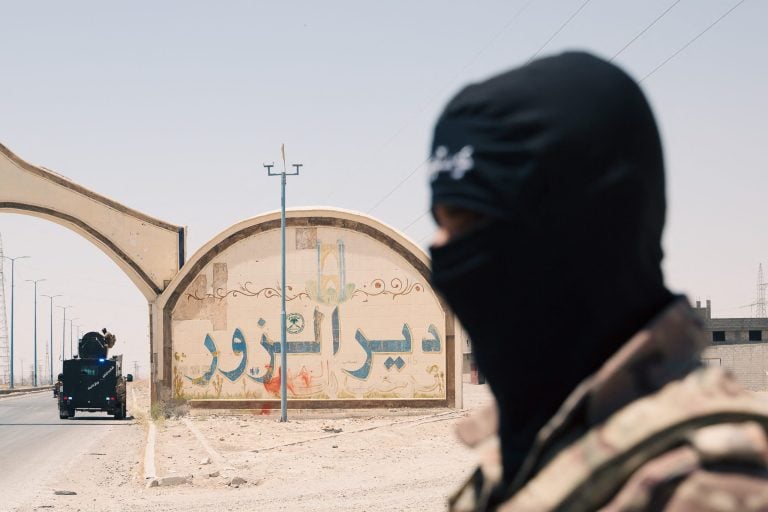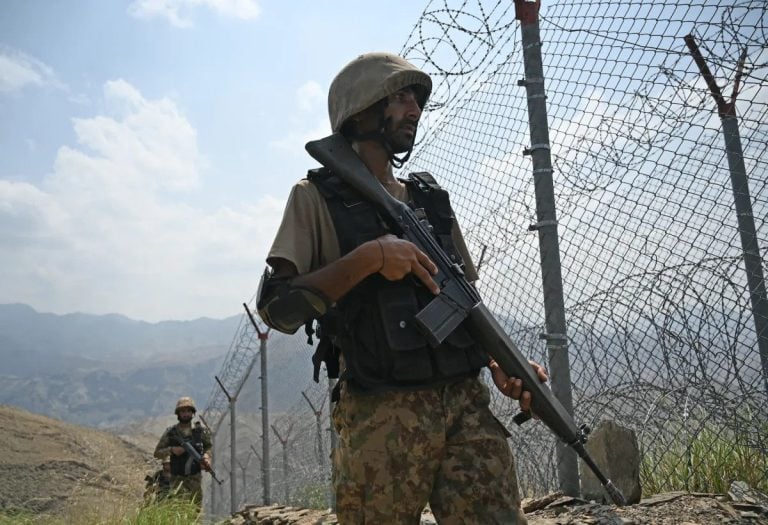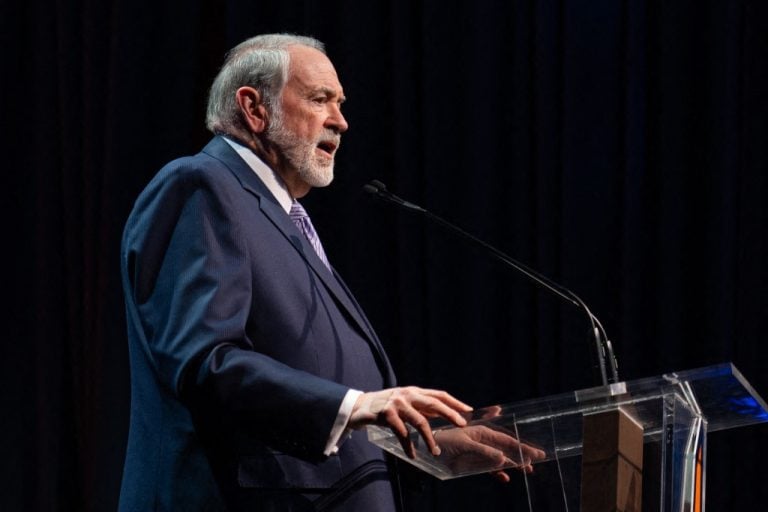President Volodymyr Zelensky is poised to engage in crucial discussions with US Vice President JD Vance in Germany, amid growing apprehensions in Kyiv and among European partners about the potential for a peace settlement in the ongoing Ukraine conflict to be reached without their involvement. This meeting is set against the backdrop of the Munich Security Conference, which arrives shortly after significant negotiations between former US President Donald Trump and Russian President Vladimir Putin. These talks have raised alarms for Ukraine and NATO allies approximately three years following Russia’s large-scale invasion.
Trump’s recent comments indicated an agreement with Putin to initiate peace talks with Ukraine, and the possibility of reciprocal visits was mentioned. The current US administration has suggested that Ukraine might need to concede certain territories to Russia while deeming NATO membership for Kyiv as “impractical.”
Ahead of his address in Munich, Vance attempted to soothe concerns among European nations, asserting that the Biden administration would approach the situation without naivety. He emphasized that “everything is on the table,” and hinted at leveraging economic and military strategies in negotiations. Vance acknowledged the uncertainty surrounding the future territorial integrity of Ukraine and the security assurances that the US and its allies could feasibly provide.
In stark contrast, Zelensky issued a caution to world leaders on Thursday, advising them against taking Putin’s assertions of willingness to end the war at face value. He expressed a desire for the United States to agree upon a strategic plan aimed at countering Putin’s advances before any negotiations commence.
The apprehensions voiced by European leaders have intensified, particularly from EU foreign affairs chief Kaja Kallas, who underscored the futility of any agreements made without their knowledge, asserting that attempts at appeasement have historically failed. European backers of Ukraine are increasingly wary that Trump’s administration could pressure Ukraine into an unfavorable peace deal, leaving them at the mercy of a resurgent Putin while also burdening them with post-conflict reconstruction and security costs.
Concerns ripple through the Munich security summit, where numerous diplomats, generals, and leaders from across Europe express alarm over the widening rift between transatlantic allies and the implications for the post-World War II international order. European officials have been taken aback by indications that the responsibility for Ukraine’s security would predominantly rest with them, aligning with Trump’s “America First” policy ethos.
The head of the Munich conference, Christoph Heusgen, speculated on German radio that Vice President Vance may announce a significant withdrawal of US troops from Europe. Commentary from Timothy Garton Ash, a European studies professor at Oxford, reflected a stark message from the US to Europe: that Ukraine’s situation has become primarily their concern. He warned that this could embolden Putin to further test defenses in Ukraine, resulting in instability for both Ukraine and Europe if peace negotiations brokered by the US lack rigorous enforcement.
Despite the disconcerting landscape, Zelensky has adopted a tempered approach, recognizing the challenging potential of having Ukraine’s core interests sidelined, especially after enduring a protracted conflict. He expressed discomfort regarding Trump’s direct outreach to Putin prior to communicating with him and reiterated the urgency of devising a strategy to halt Putin before engaging in talks.
Zelensky was anticipated to press for additional assistance from European allies to facilitate a “just peace.” Meanwhile, Secretary of State Marco Rubio was on his way to Europe after a prior mechanical delay with his flight. Trump noted that erudite representatives from Moscow, Kyiv, and Washington would convene in Munich, although the Ukrainian presidency indicated an absence from discussions with Russian officials, claiming there was currently “nothing on the table.” Heusgen confirmed on German radio that no senior Russian officials had been accredited for the event, although he did not entirely rule out potential informal meetings separate from the conference’s official agenda.
As security measures were intensified at the annual Munich gathering, tensions remained high following a car-ramming incident that resulted in injuries to 30 people, with an Afghan asylum seeker apprehended afterward.
